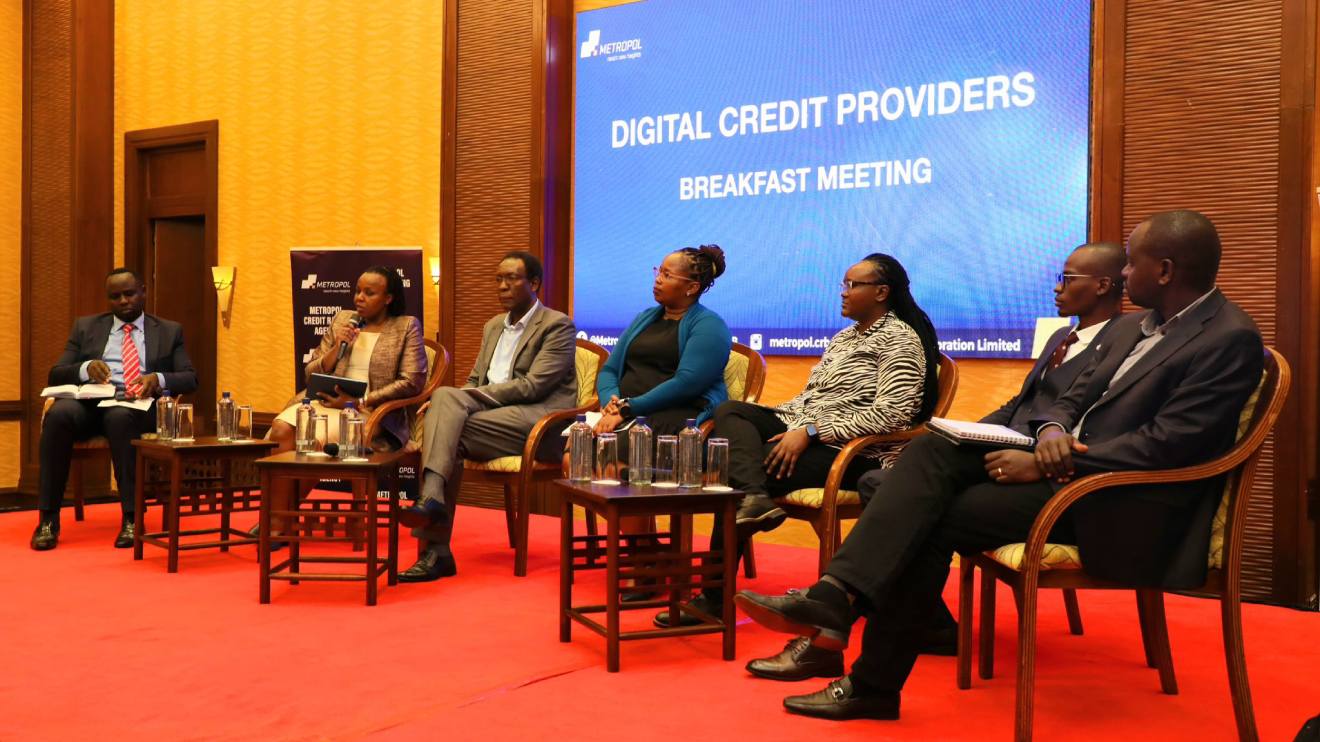Digital lenders in Kenya are grappling with a surge in customer debt, fueled by harsh economic realities.
The Digital Financial Services Association of Kenya (DFSAK) reports that 8 million Kenyans utilize digital lending services, with a monthly loan disbursement value ranging between Sh10 billion and Sh15 billion.
However, a major concern for these lenders is the lack of a centralized credit information-sharing framework.
This vulnerability has exposed the industry to fraudsters who exploit the system by borrowing from multiple lenders and neglecting repayments.
"We recently released the Money Match Report, which revealed that a staggering 60 per cent of Kenyans have more than one loan. When you consider these statistics alongside the high inflation, it paints a concerning picture of the financial struggles Kenyans are facing," remarked Annstella Mumbi, Tala's General Manager for Kenya.
Read More
The absence of a credit information-sharing system is further highlighted by Gideon Kipyakwai, CEO of Metropol.
"We recently encountered a borrower who had obtained loans from 30 different institutions without repaying any. This situation arose because, in 2020, fintech and microfinance institutions were delisted from the Credit Reference Bureau (CRB), effectively preventing digital lenders from sharing data with credit bureaus," he explained.
The situation has also resulted in a surge of consumer complaints regarding digital lenders.
The Office of the Data Protection Commissioner has received nearly 4,000 complaints, with over 2,300 adjudicated.
Consequently, the commission has issued enforcement notices to 150 lenders, with ongoing investigations into 9 additional cases.
Commissioner Immaculate Kassait revealed that some lenders have been fined up to Sh5 million for breaching data privacy laws.
To address these challenges, the Data Protection Commissioner's office is considering sharing information on repeat offenders with the Central Bank of Kenya (CBK) for further regulatory action.
This coincides with efforts by digital lenders to establish a credit information-sharing framework in collaboration with regulators and industry players.
The collaboration appears to be yielding positive results, particularly in curbing harassment and debt-shaming practices by digital lenders.
"We have developed compliance guidelines, which have demonstrably improved the conduct of digital lenders. This has resulted in a significant decrease in complaints and instances of debt shaming by rogue lenders," stated Kevin Mutiso, Chairman of DFSAK.
Commissioner Kassait emphasized the potential consequences for repeat offenders.
"If a registered digital lender commits a repeated offence, we may share this information with the CBK to ensure they are aware of the Data Protection Act violation during the lender's registration process," she concluded.
The situation underscores the urgent need for a robust regulatory framework to address the growing debt crisis in Kenya.
While digital lenders are taking steps towards increased transparency and collaboration, a centralized credit information-sharing system appears to be a crucial missing piece in ensuring responsible lending practices and protecting borrowers from financial overextension.
The article also highlights the challenge of unlicensed lenders.
With only 51 digital lenders officially licensed by the CBK, over 500 others are operating with pending applications.
This raises concerns about the overall regulatory landscape and the potential for further consumer exploitation.


 shares a light moment with the company's Group CEO Dr Patrick Tumbo (right) at a past event-1758121528.jpeg)
-1758116028.jpeg)




